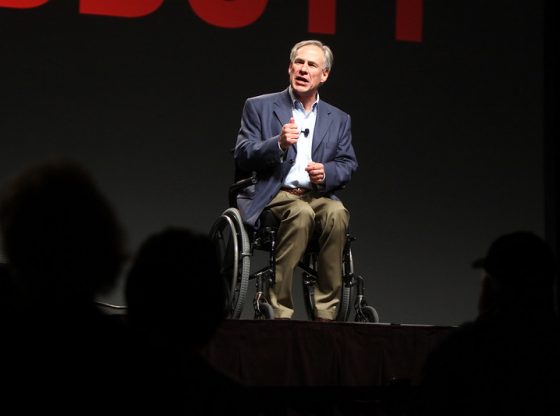The Trump family has continued to deal with a constant stream of withering, frequently dishonest, criticism from the Liberal Left. Criticism of every variety, but one type, in particular, has become prominent. Namely the accusation that President Trump practices nepotism by employing family members in important roles within his administration.
A clear example of this type of desperate critique can be seen on display in a recent article Michael D’Antonio penned for CNN entitled “Ivanka Trump and Don Jr. put on a ludicrous show.” It’s relatively standard fare as far as anti-Trump liberal vitriol goes, but what gives the article its own banal flavor is the author’s fetish for the supposed seriousness and “expertise” of bureaucrats like the IMF’s Christine Lagarde or platitude spouting lightweights like Canada’s Justin Trudeau. Trudeau, ironically, being the direct beneficiary of political nepotism via his father, and whose list of accomplishments include being a former actor, camp counselor and snowboarding instructor.
Hypocrisy aside, the deeper issue that begs to be addressed is the role family itself has and should play in an American chief executive’s administration.
A cursory look at American history shows that family involvement in the everyday running of the Executive branch is not at all abnormal. Perhaps the most obvious example of this is from the Kennedy Administration, in which the President’s inexperienced younger brother Robert served as his attorney general. President Bill Clinton appointed of his own wife to tackle his Administration’s, ultimately failed, attempt to address healthcare reform. Less recent historical examples can be seen from the administrations’ of John Adams, James Madison, James Monroe, Andrew Jackson, John Tyler, James Buchanan, Zachary Taylor, and Ulysses S. Grant.
Needless to say, President Trump’s utilization of members of his family for duties within his Administration is not without precedent.
The president’s role as chief executive is a unique one which exists, by constitutional design, in a state of exception. This Constitution’s Appointments Clause, Article II, Section 2, states that while certain cabinet posts need approval by the Senate, other inferior positions can be filled directly and at the sole discretion of the president.
Furthermore, the importance of executive sovereignty regarding the appointment of White House staff goes beyond abstract constitutional argument, as the actual heart of the matter remains a national security one.
The president is elected and given a full mandate by the American people, per the Constitution, to carry out all tasks associated with the Executive branch. This includes the role of chief diplomat. It only stands to reason that the president should also have the authority to appoint people that he trusts to help him execute those duties.
Returning to the case at hand, the critical mass of D’Antonio’s criticism essentially amounts to little more than Ad Hominem attacks on President Trump’s family which insinuate that they aren’t as experienced or accomplished as their European counterparts. This also falls flat, as both of President Trump’s children are accomplished and experienced in their own right, with serious educational credentials, and years of experience in the management of large complex organizations at the highest level. This fact has been frequently and deliberately obscured by the liberal media, in much the same way as the fact that Ivanka Trump was not merely an onlooker at the G20 summit but, in fact, herself a keynote speaker. A piece of information which would have directly contradicted the false liberal narrative of her not being welcome at the summit.
Regardless of whether or not one finds Presidential nepotism ethically off-putting, the fact remains that it is not only legal and well within the confines of historical precedent but also, from time to time, a necessary part of carrying out the president’s role as chief executive.


